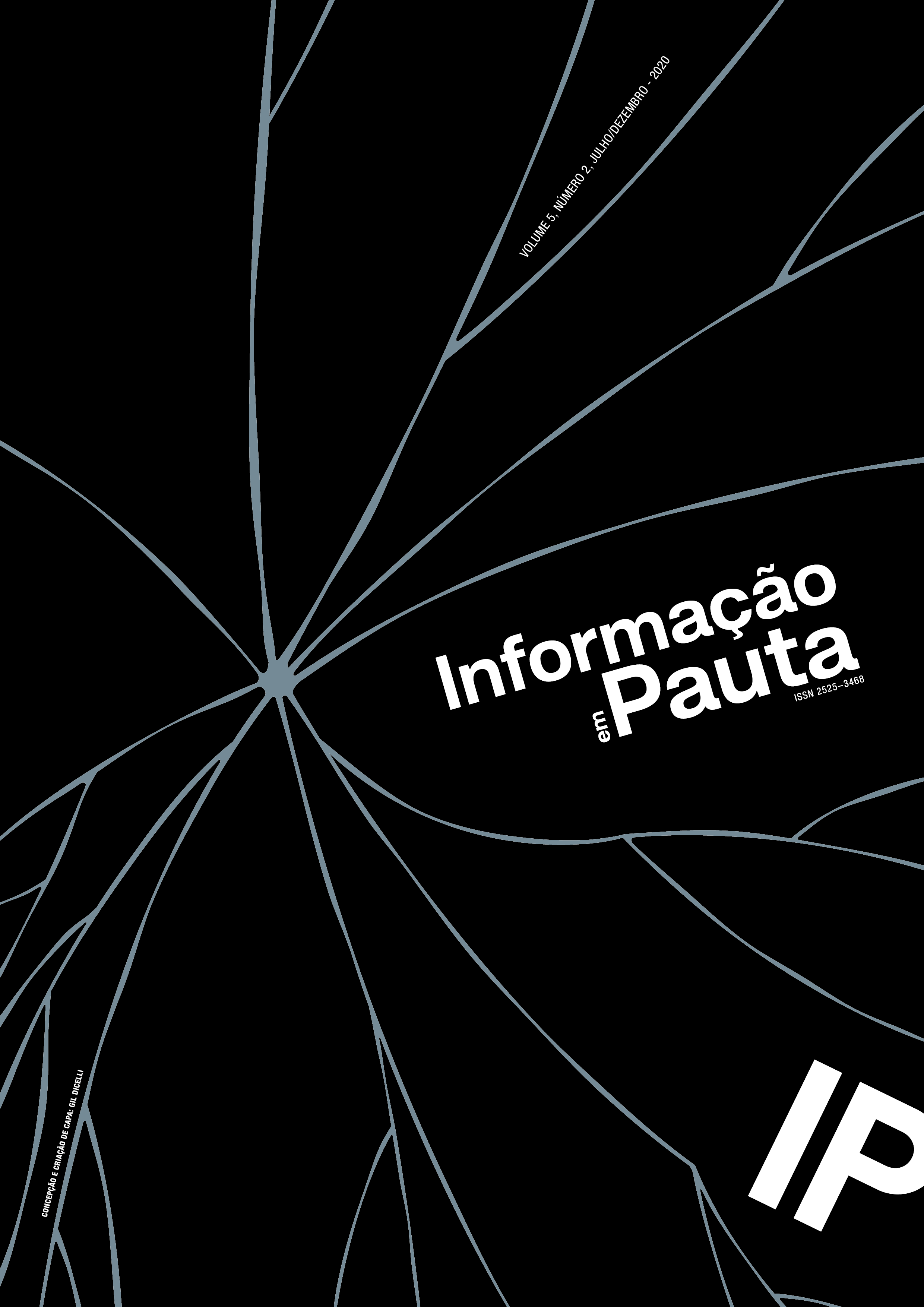Gestão de Dados de Pesquisa no contexto da Ciência Aberta
percepção dos pesquisadores da Universidade Federal do Ceará
DOI:
https://doi.org/10.36517/2525-3468.ip.v5i2.2020.44619.212-214Keywords:
Research Data Management, Data Management, Open ScienceAbstract
Since antiquity, when the scientific method was introduced to validate knowledge, its production and research results began to be guided by the exchange of ideas and suggestions among peers, by the sharing of information which needed to pass through the scrutiny of the scientific community members. From the evolution of science and technological apparatuses that started to collect more information for scientific researches, the data emerge as an essential product for the advance of scientific knowledge necessary for the validation of the results of any study. The research data are presented in various forms and must be contextualized within the disciplines or areas to which they belong. In this sense, this research aims to investigate the practices and informational needs of researchers (teachers, students and technical-administrative in Education linked to the Master's or Doctorate) of the Postgraduate courses of the Federal University of Ceará (UFC), concerning the management of research data and Open Science. For this purpose, the following specific objectives were outlined: analyze researchers' perception of research data management and Open Science; investigate the practices and informational needs of these researchers regarding these themes; propose a Research Data Management Program (PGDP) for the UFC with the objective of suggesting a Research Data Management Policy; suggest the creation of support services for the researchers at the UFC; develop educational and information actions in order to test an online course pilot as part of the program. Exhaustive research was conducted using Publish or Perish software, CAPES Journal Portal, Wizdom.ai and Twitter. The methodological strategy used was the triangulation of methods - Grounded Theory and Netnography, in addition to the research techniques of documental analysis and participant observation. The data collection was based on the questionnaire and interview, as well as the use of the electronic field journal and the electronic laboratory notebook for the notes, field note records and in the construction of memos. The data were treated by a qualitative approach with the use of Atlas.ti software for the construction of the categories. The results demonstrate that in relation to researchers' storage practices and strategies, the personal computer and the cloud are the most widely used to maintain their research files and data, although most have revealed that they do not have a backup frequency of their files because they use the automatic synchronization service of the cloud. About survey documentation practices with the elaboration of a Data Management Plan (PGD), among all survey respondents only one person elaborated a PGD, while in the group of interviewees none ever used the PGD for this purpose. Regarding the sharing, interviewees stated that they had shared some type of information or survey data, and when they did not share, the reasons stated were: lack of knowledge, for not knowing how to do it or for bumping into ethical, legal and integrity issues in the survey. Hence, the conclusion is that the researcher has a fundamental role in the Management of Research Data, since adopting this posture represents a guarantee of the quality and integrity of the research, in addition to collaborating for good practices in science. Furthermore, the literature shows that the librarian has been the most recommended professional to assist researchers in this process. Finally, the contribution of this investigation is based on researchers' perception of research data and Open Science, in addition to the suggestion of a proposal for a Research Data Management Program (PGDP) for the UFC, which focuses on the development of policies, guidelines, education and information actions, products, services and management of research data at the university.
Downloads
References
Downloads
Published
How to Cite
Issue
Section
License
Autores que publicam nesta revista concordam com os seguintes termos:
a. Autores mantém os direitos autorais e concedem à revista o direito de primeira publicação, com o trabalho simultaneamente licenciado sob a Creative Commons Attribution License que permitindo o compartilhamento do trabalho com reconhecimento da autoria do trabalho e publicação inicial nesta revista.
b. Autores têm autorização para assumir contratos adicionais separadamente, para distribuição não-exclusiva da versão do trabalho publicada nesta revista (ex.: publicar em repositório institucional ou como capítulo de livro), com reconhecimento de autoria e publicação inicial nesta revista.
c. Autores têm permissão e são estimulados a publicar e distribuir seu trabalho online (ex.: em repositórios institucionais ou na sua página pessoal) a qualquer ponto antes ou durante o processo editorial, já que isso pode gerar alterações produtivas, bem como aumentar o impacto e a citação do trabalho publicado.



